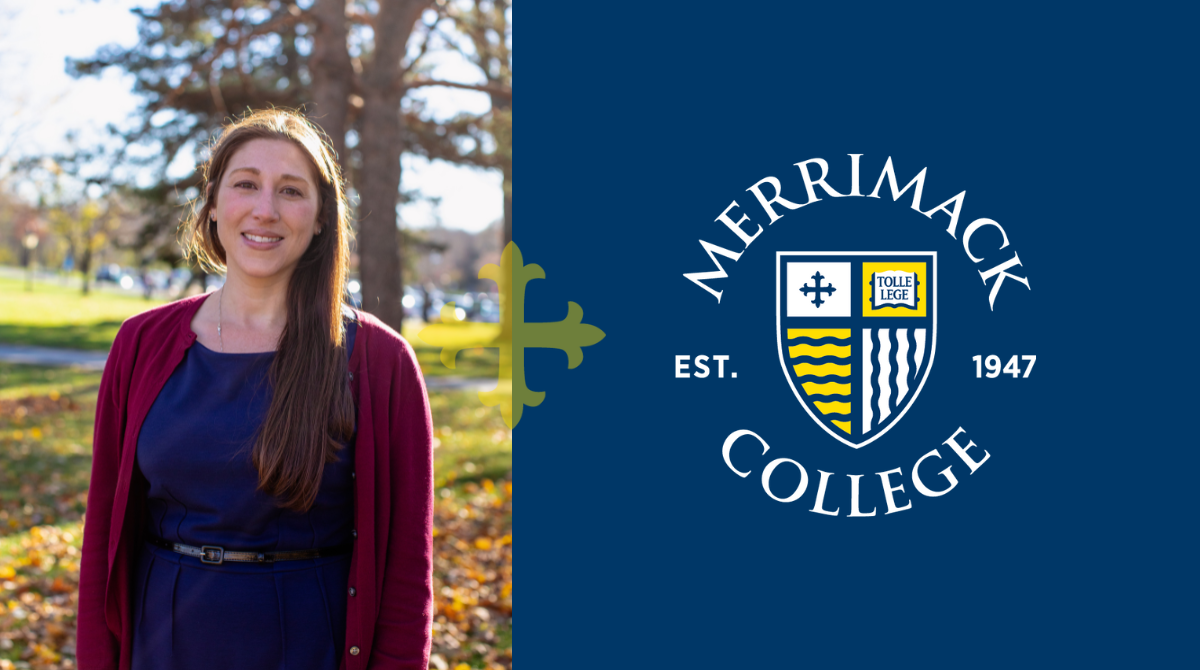“Most people want to feel a level of certainty” after a diagnosis, said Andrew Tollison, assistant professor of communication and media, who specializes in interpersonal and health communication. “But throw something like cancer into the mix, and that changes the rest of your life. If someone dwells on what is lost, that can begin to shift the person’s identity.”
Tollison’s research found that patients can retain a sense of control by taking charge of decisions such as whether or not to share details of their illness, whom to tell and how much to share.
“How a patient talks about their illness can give them a sense of ownership over their condition,” he said. “In most cases, life doesn’t have to stop when you get sick. You can reframe your mindset to focus on what you still have control over.”
Another important component of health communication that Tollison addresses is the physician-to-patient communication — or, stated more plainly, “bedside manner.”
“Seriously ill individuals are required at times to relinquish full control of their health to physicians,” he said. “They are literally trusting the doctors with their lives.”
That process involves relinquishing some control and exercising a level of acceptance, but patients can still retain a degree of control by letting their doctors know their expectations and staying informed.
Tollison, who holds a Ph.D. from the University of Texas, has been invited to several local support groups for terminally and chronically ill patients and their families to help arm them with communication tools when dealing with medical conditions. His research has appeared in publications such as Health Communication and the Journal of Applied Communication Research.





